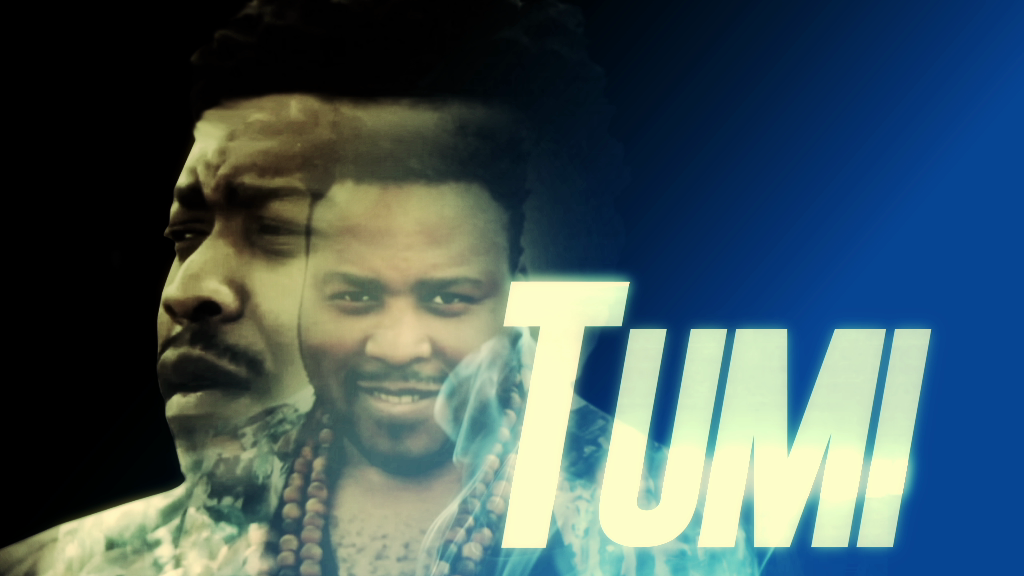Top 8 Things You Didn’t Know About Tumi Molekane

 1. In his book Stealing Empire: P2P, Intellectual Property and Hip-hop Subversion (2008), Professor Adam Haupt of the University of Cape Town analyzed the lyrics Molekane wrote for the Tumi and the Volume song “76”, as well as others. Among Haupt’s arguments are that contemporary hip hop music provides critical insights into the inheritance of violence in post-apartheid South Africa.
1. In his book Stealing Empire: P2P, Intellectual Property and Hip-hop Subversion (2008), Professor Adam Haupt of the University of Cape Town analyzed the lyrics Molekane wrote for the Tumi and the Volume song “76”, as well as others. Among Haupt’s arguments are that contemporary hip hop music provides critical insights into the inheritance of violence in post-apartheid South Africa.
2. He contends that, despite commercial and often sexist imperatives in mainstream hip hop music, South Africa has produced a number of socially conscious hip hop artists, who are reluctant to compromise their art and political views.
3. TumiMolekane, who was born in Tanzania in 1981 when his parents were in exile, and who moved to Soweto, South Africa in 1992, is the poet and leader. The Volume is a power trio of Tiago C. Paulo on guitar, Dave Bergman on bass, and Paulo Chibanga on drums.
4. They have two albums.
5. Their debut, At the Bassline, is a recording from a live session at a famous South African nightclub. Their sophomore effort, Tumi& the Volume, is a studio album that is similar to Meshell’s Cookie in that it mixes poetry and music, and also uses the voices and images of previous generations. The incorporation of the views and voices of older generations that preceded hip-hop is a common and significant element in both Ndegeocello and Tumi.
6. Tumi has two new albums out. They were released within months of each other and they illustrate a crossroads that Tumi is trying to negotiate, a crossroads similar to The Last Poets.
7. In Tumi’s case one album, Whole Worlds, is a solo project and the more recent album, Pick A Dream, is with his band, The Volume.
8. In an interview Tumi said that he wanted to make an album that his nephew would want to listen to—that’s the solo project, which is full of guest appearances and its music sounds like what you would hear on the radio in South Africa, or, except for some of the foreign language, sounds like what you would hear on the radio in the American South. Although I like some of the cuts, it’s a bit two schizophrenic for my taste. There are snippets of Amiri Baraka speaking but Amiri’s points are not obviously driven home by Tumi’s music that surrounds the Baraka quotes.




